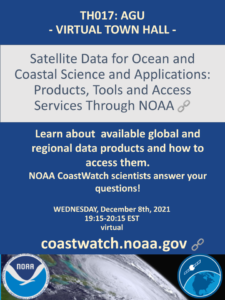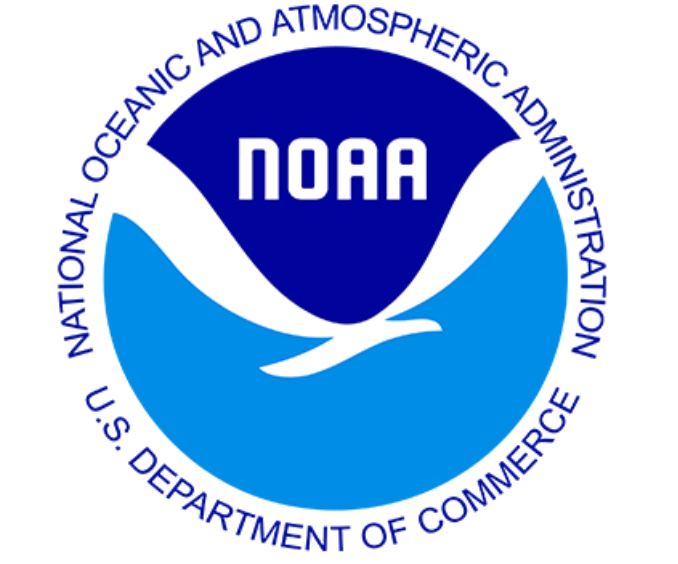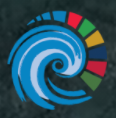ARSET – Monitoring Coastal and Estuarine Water Quality Using Remote Sensing and In Situ Data
November 30-December 7, 2021. This two-part, advanced webinar series is a follow-on to the training on coastal and estuarine water quality held in September 2021. It is a hands-on training with demos provided by instructors, followed by an hour of lab time for participants to use Level-1 MODIS and VIIRS data provided by the Ocean Biology DAAC (OB.DAAC) and SeaDAS and OCSSW software for deriving water quality parameters. These will include chlorophyll-a concentration, sea surface temperature, and suspended particulate matter from optical satellite imagery and in situ measurements using the SeaWiFS Bio-optical Archive and Storage System (SeaBASS), a public repository of in situ oceanographic and atmospheric data, and SeaDAS, a comprehensive software package for the processing, display, analysis, and quality control of remote sensing data. This training will provide participants with the skills to combine in situ measurements and optical remote sensing data to assess water quality for their area of interest.
AGENDA
REGISTER (SESSION A): 10:00-12:00 (UTC-5)
REGISTER (SESSION B): 14:00-16:00 (UTC-5)
Find out more here:





